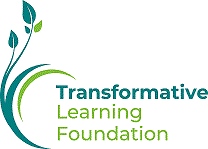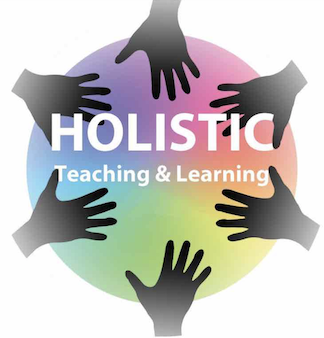Contemplative Inquiry, Indwelling, and the Art of Understanding the Child
Keywords:
MacDonald, contemplative, children, contemplative inquiry, holisticAbstract
Peer-Reviewed
Descriptive Inquiry is a contemplative approach to child study intended to help teachers overcome bias and habitual thinking, become more mindful of the basis of their professional judgments, and develop a moral framework that might help them resist dehumanizing and ineffective policies and imposed practices. The paper draws upon a number of distinct but overlapping areas in the literature on teaching: teacher inquiry, reflective practice, spirituality and education, and contemplative practice. The author has taught the process of Descriptive Inquiry in very different settings; in an urban education program in New York City designed to prepare public school teachers and in a new global program designed to prepare teachers in holistic, “Neohumanist” schools. The Neohumanist educational model is a synthesis of spirituality, critical pedagogy, and decolonization that includes practices derived from the Eight-fold Path of Aśt́áunga Yoga. At the heart of the Neohumanist teacher preparation program is the Descriptive Inquiry process, designed to help educators develop their powers of educational observation, description, reflection, and intuition to better guide young people on their unique educational journeys. The paper features a narrative of practice by a Yogic nun, a teacher/school director who carried out her study in a school/children's home on the Thai/Myanmar border that serves refugee, homeless, and abandoned children.





